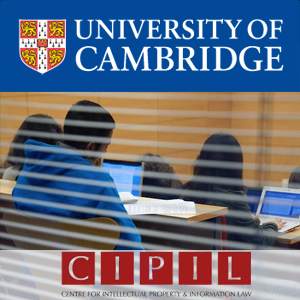full
'The Role of Intellectual Property for Development – Experiences from 20 Years of TRIPS' - Carlos Maria Correa: CIPIL Seminar
Professor Carlos Maria Correa (Director of the Center for Interdisciplinary Studies on Industrial Property at the Law Faculty, University of Buenos Aires) gave a seminar entitled "The Role of Intellectual Property for Development – Experiences from 20 Years of TRIPS" on Thursday 26 November 2015 at the Faculty of Law as a guest of CIPIL (the Centre for Intellectual Property and Information Law).
Professor Carlos Maria Correa is Director of the Center for Interdisciplinary Studies on Industrial Property at the Law Faculty, University of Buenos Aires, and Special Advisor on Intellectual Property and Trade of the South Centre. He has been visiting professor in post-graduate courses of several universities and consultant to various regional and international organizations. He has advised several governments on intellectual property, innovation policy and public health. He was a member of the UK Commission on Intellectual Property, of the Commission on Intellectual Property, Innovation and Public Health established by the World Health Assembly and of the FAO Panel of Eminent Experts on Ethics in Food and Agriculture. He is the author of several books and numerous articles.
Abstract: One of the key arguments of the proponents of the Agreement on Trade-related Aspects of Intellectual Property Rights (TRIPS) adopted as a component of the World Trade Organization was that high levels of intellectual property protection would boost innovation globally. The world map of R&D, however, does not show a general improvement of R&D outcomes in the last twenty years, particularly in developing countries. Moreover, many economic studies have cast doubts about the impact of intellectual property, notably patents, on innovation in developed economies.
For more information see the CIPIL website at http://www.cipil.law.cam.ac.uk

